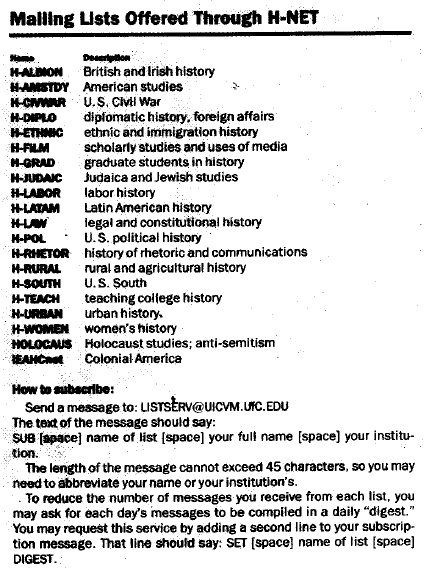
'The dialogue is generally the most agreeable part of a novel,but it is only so long as it tends in some way to the telling of the main story.'– Anthony Trollope If the speeches in the novel doesn't meet at least one of the above criteria, then they should be cut. Give structure to your printed page (this sounds silly, but readers need a break from dense texts, dialogue gives them this escape, a chance to relax and feel like they are simply absorbing the information)Įvery line of dialogue that you write must earn its place. Reveal more about your characters (through what is and isn’t said). Show rather than tell: something I am pretty sure we write about in almost every appraisal we provide.ĭevelop the plot… build tension and drama, provide new information that will drive the narrative forward. What we want is to create realistic dialogue that also engages the reader and serves a purpose – well-written dialogue is pretty useless if it doesn't ‘help’ the story along in some way. Usually ‘normal’ dialogue contains a lot of useless, uninteresting information…general mundane banter. The key? Good dialogue is not actually real dialogue – which is often rather boring when transcribed.

Writing great dialogue doesn’t seem like it would be difficult, but it is actually one of the biggest hurdles that writers face.ĭone well, dialogue advances the story and fleshes out the characters while providing a break from straight exposition.


 0 kommentar(er)
0 kommentar(er)
